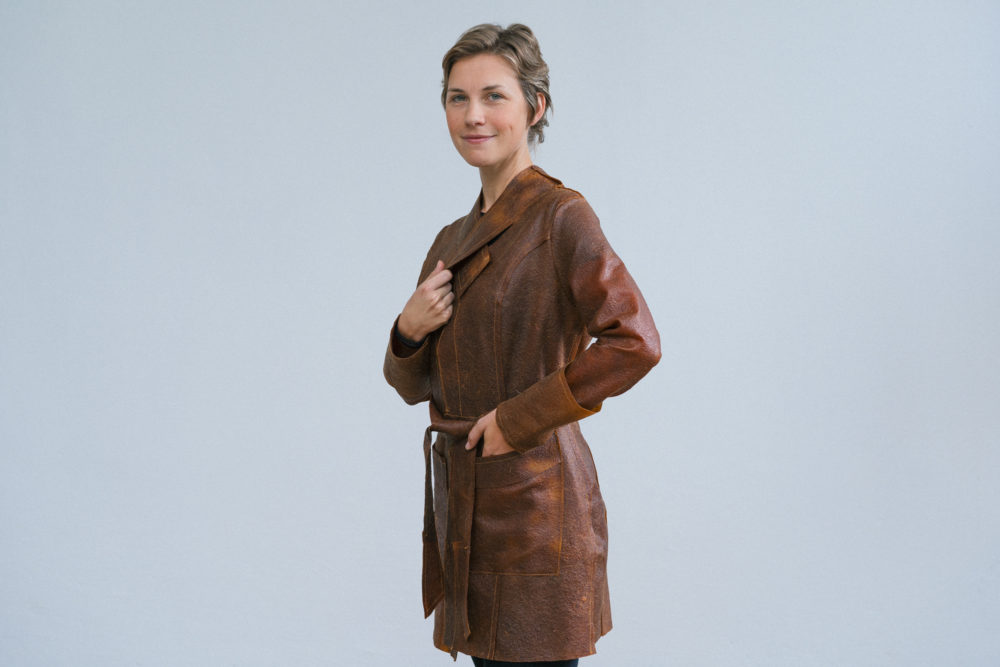«Remix El Barrio», Food Waste Biomaterials Design
ho
The exhibition was born with the ambition to promote new practices based on neo-craftsmanship based on food waste.

Fulfilling its missions of technological surveillance and dissemination of knowledge in the field of materials and associated technologies, MATERFAD, Barcelona Materials Center, brings the exhibition “Remix El Barrio” to its headquarters, the Disseny Hub Barcelona.
In the last 30 years, plastic production has increased by 620%. Every day in Catalonia, 720,000 kg of food is thrown away. This wasted food, totalling 260,000 tonnes per year, is equivalent to the food needs of 500,000 people for one year.
“Remix El Barrio”, Food waste biomaterials design, is an exhibition that was born with the ambition to propose a learning place that promotes and enables new practices based on neo-craftsmanship with food waste. The exhibition is the result of a pilot program where various designers learn about biomaterial design and explore projects with food scraps using artisanal techniques and digital fabrication.
They collaborate and involve agents from the Poblenou neighborhood such as restaurants, urban gardens and neighborhood associations to promote a local circular economy ecosystem. They affirm the potential of co-design, digital manufacturing and crafts to reinvent our ways of producing, consuming and living with awareness of the environmental ecosystem. They claim the need to imagine new models and techniques to innovate with what we commonly call “waste”.
Remix el Barrio is supported by the European SISCODE project, coordinated by Fab Lab Barcelona, an innovation center, located within the IAAC, which analyzes the way we live, work and share in cities.
The exhibition is made up of a selection of incubation projects, together with research and projects developed in recent years in the FabTextiles and Materials department of Fab Lab Barcelona.
Beyond the exhibition, Remix has transformed into a collective that experiences circularity, not only creating materials with olive pits, avocados, coffee peels, vegetable and fruit skins or restaurant waste, but also exploring collaboration, inclusiveness, self-management towards shared knowledge with local actors.